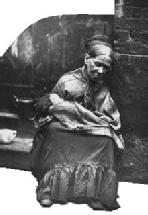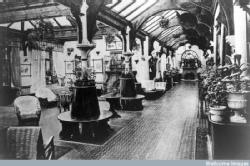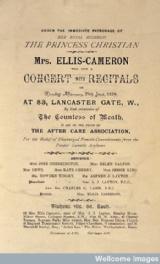Stephen Soanes
Rest and Restitution: Convalescence and the Public Mental Hospital in England, 1919-39:
Since submitting my PhD in January 2011, I have been engaged in a collaborative project between Centre for the History of Medicine and the Biochemical Society. A travelling exhibition is now in production on the theme 'Early Women Biochemists, 1911-1939. It explores the lives and careers of women such as Harriette Chick, Ida Smedley, Muriel Wheldale and Marjory Stephenson and considers the networks, mentorship, funding opportunities and institutional settings available to this generation of women scientists. Such women made important contributions in the fields of nutrition, plant genetics, bacterial biochemistry and lipid metabolism. For further information on when and where the exhibition will be hosted, please see the Biochemical Society's Centenary webpages. A second phase of the project will commence in January 2012 that will see the development of webpages and publication proposals to disseminate this research more widely. Please see Warwick's Women Biochemists pages for further information on the topic.
Between April and September 2011 I held an Institute of Advanced Study Early Career Fellowship As part of this, I organised an interdisciplinary workshop on 27 September 2011 entitled 'Getting Better: Concepts of Recovery in Medicine and Society from 1900 to the present'. As a result of the interest in this event, it is intended to develop another event and possibly other resources on this area. Should you have suggestions or an interest in 'recovery' as a concept (in society, economics, medicine etc...) please do get in touch.
My Research
My doctoral research has explored the changing place of convalescence in the public mental hospital system and wider community. It explores the contestation of convalescence as a category that defined not only the personal health of the individual patient but also their identity and belonging as patients and citizens. The liminal position of the convalescent set these patients apart. Neither sick enough to warrant continued hospitalization nor suffciently well to fully participate in occupational or domestic life the convalescent challenged dualistic conceptions of psychiatric treatment that distinguish between opposed categories of sickness/ health. My research questions who ultimately held definitional power over psychiatric improvement.


Caught between institutionalisation and wider society: where did the convalescent belong?

Stephen Soanes
E-mail: S.Soanes@warwick.ac.uk
Supervisors:
Prof. Hilary Marland
Dr. Mathew Thomson

